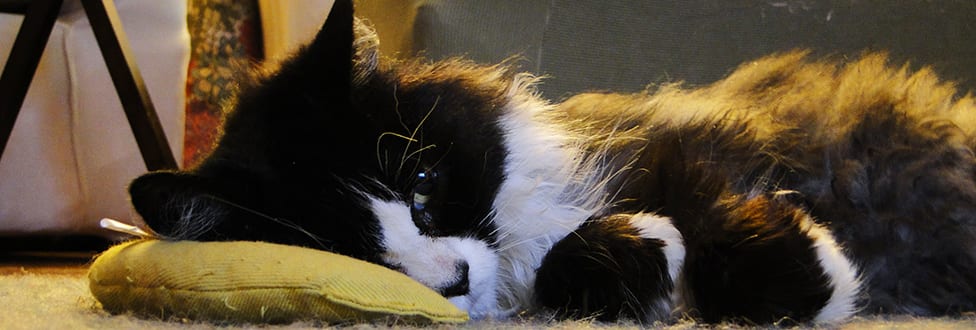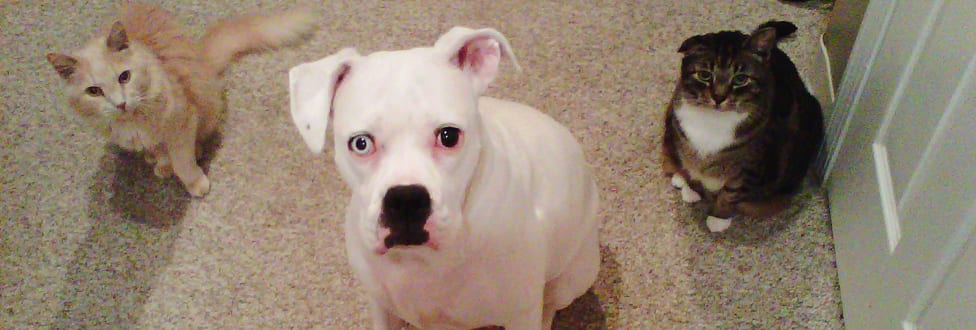Exploring the Issue of Animal Cruelty with Phil Arkow
Focusing on the link between animal abuse and human violence
Making animal cruelty prevention a priority for the entire community is a major part of the community outreach work the ARL has done in 2014. Our “See Something, Say Something – Report Animal Cruelty” campaign, for example, is all about getting the public’s help in reporting suspicions of abuse to local authorities.
We also recently hosted a lecture event for our President’s Council donor group and other special guests featuring guest presenter Phil Arkow, a noted speaker with the animal welfare field on the connection between animal abuse and human violence. Arkow co-founded The National Link Coalition in an effort to bring attention to what many believe is a critical public safety issue.
“We can prevent animal abuse and other forms of family violence by paying more attention to animal abuse as a potential indicator and predictor of crime,” Arkow said in the opening minutes of his presentation. “What we do to prevent, prosecute, and punish animal cruelty are just as beneficial to Man – and Woman – as they are to Man’s best friend.”
To download the slides or see more pictures of the event, visit: arlboston.org/pc-14-lecture
Inspired by the many decades of research and examples of domestic violence awareness campaigns that include pets in the message, Dr. Martha Smith-Blackmore, vice president of animal welfare at the ARL, conclude the event suggesting to the audience, “we all need to think about how to share the message that helping animals is really helping people and helping improve society.”
Thank you to the Susannah A. Knight Law Enforcement Fund for sponsoring the ARL’s Fall Lecture event. Your generous support made an evening of meaningful and important discussion possible.
And of course, thank you to all of our President’s Council members who attended this event.

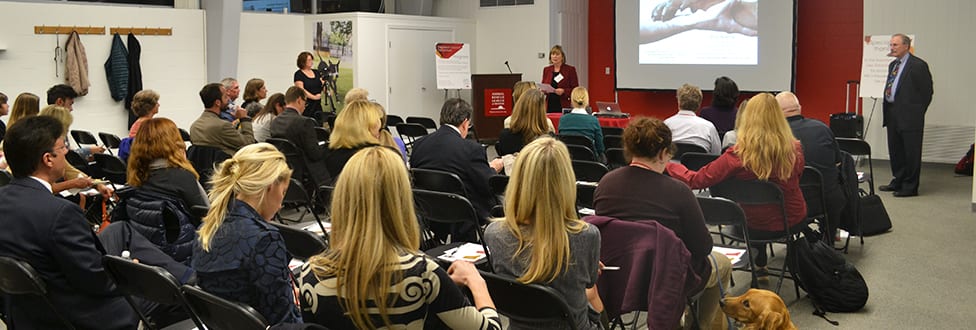


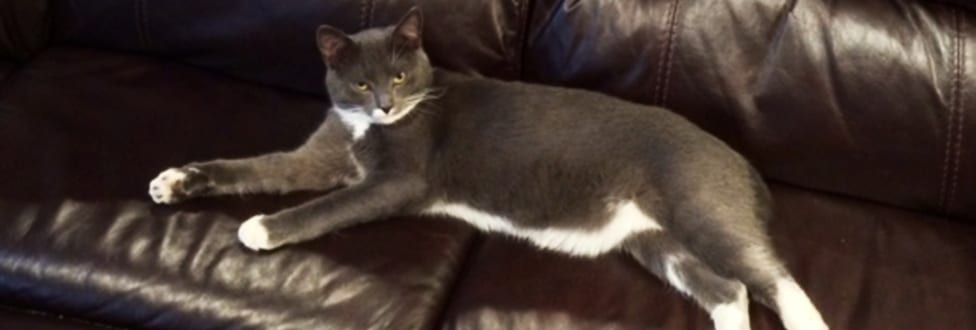

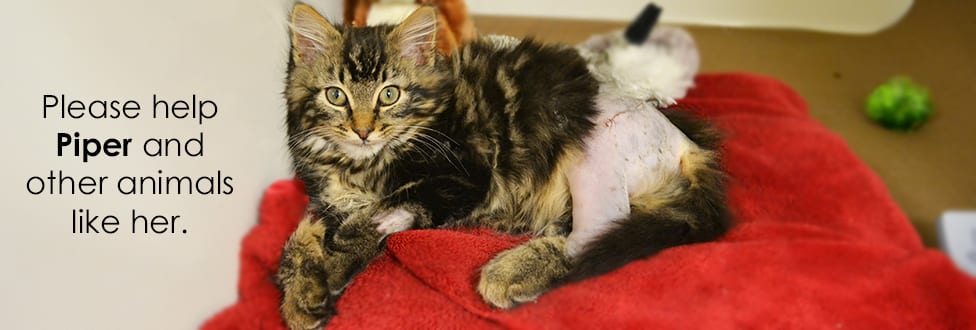
 The Animal Rescue League of Boston’s (ARL) newest addition, little Piper the kitten, is recovering from delicate surgery performed on Monday to repair her broken back leg.
The Animal Rescue League of Boston’s (ARL) newest addition, little Piper the kitten, is recovering from delicate surgery performed on Monday to repair her broken back leg.
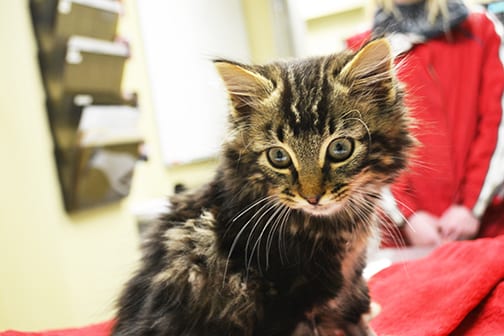
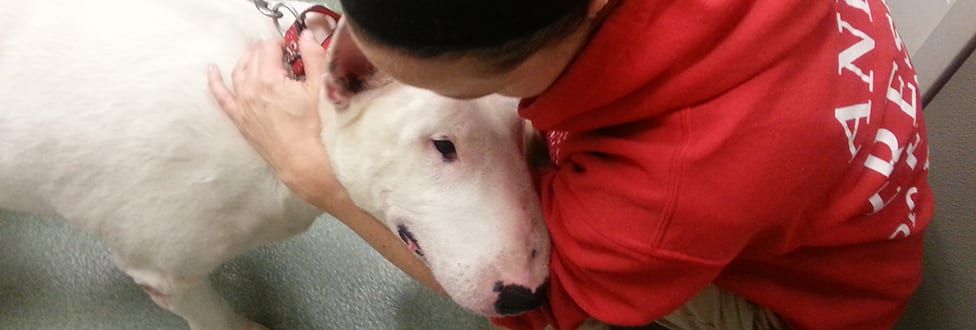

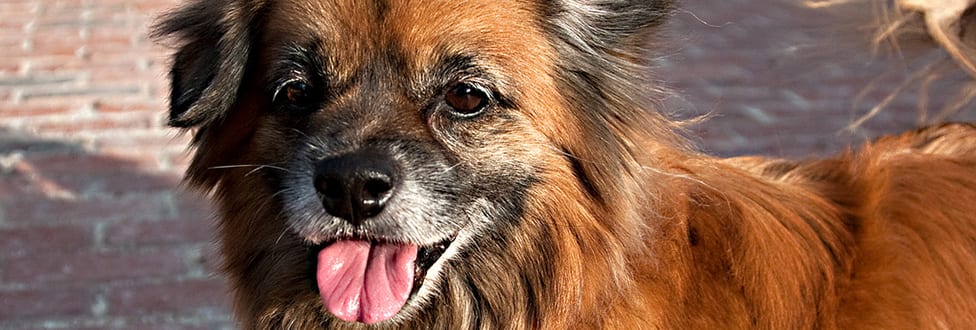
 Thanks to generous funding from the Stanton Foundation, CSD built an impressive body of work, including:
Thanks to generous funding from the Stanton Foundation, CSD built an impressive body of work, including: Here at the Animal Rescue League we feel truly honored to have served as the incubating organization for such a tremendous asset to the field of animal welfare. Thank you to the Center for Shelter Dogs for 6 years of incredible work that has helped more homeless dogs get a chance at a better life. This work will not only continue, but will also have an even greater impact on the well-being of dogs in the future.
Here at the Animal Rescue League we feel truly honored to have served as the incubating organization for such a tremendous asset to the field of animal welfare. Thank you to the Center for Shelter Dogs for 6 years of incredible work that has helped more homeless dogs get a chance at a better life. This work will not only continue, but will also have an even greater impact on the well-being of dogs in the future.




